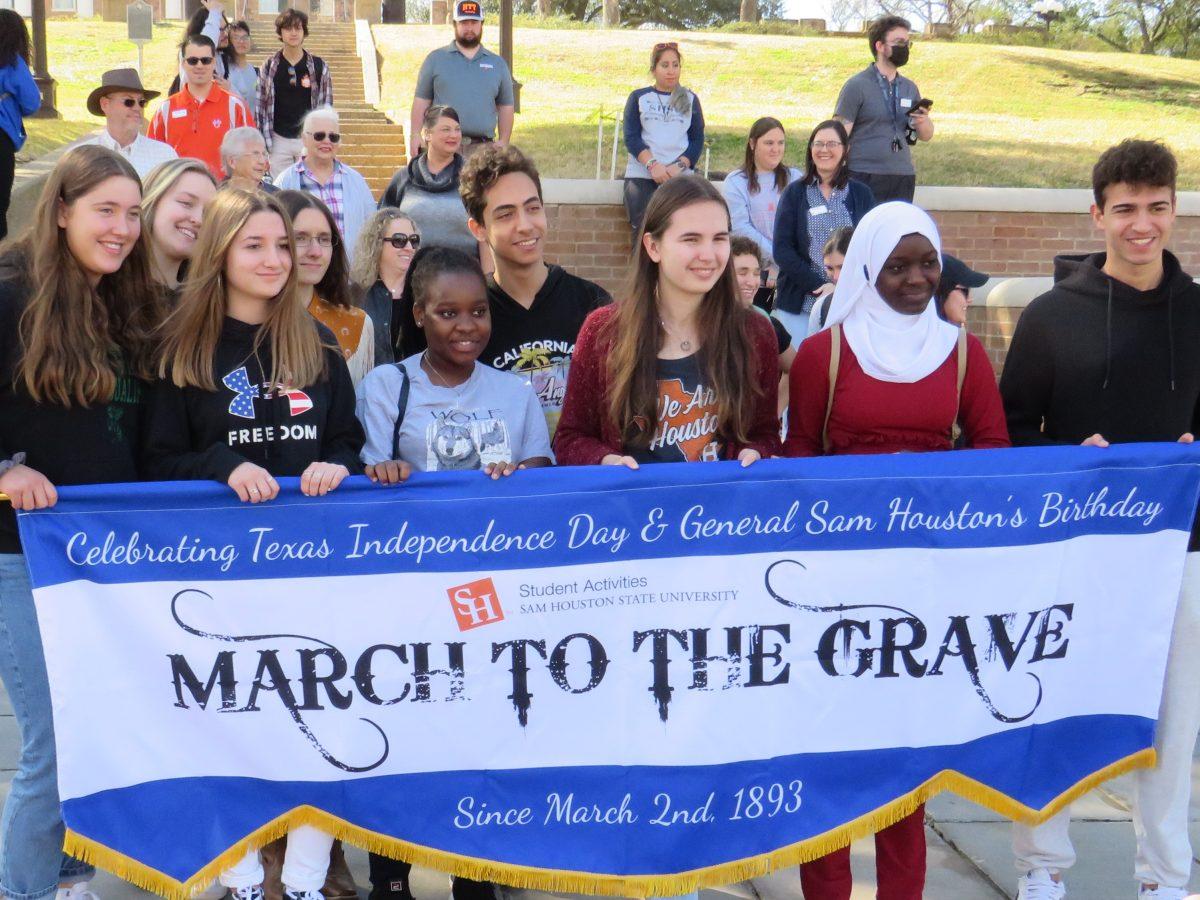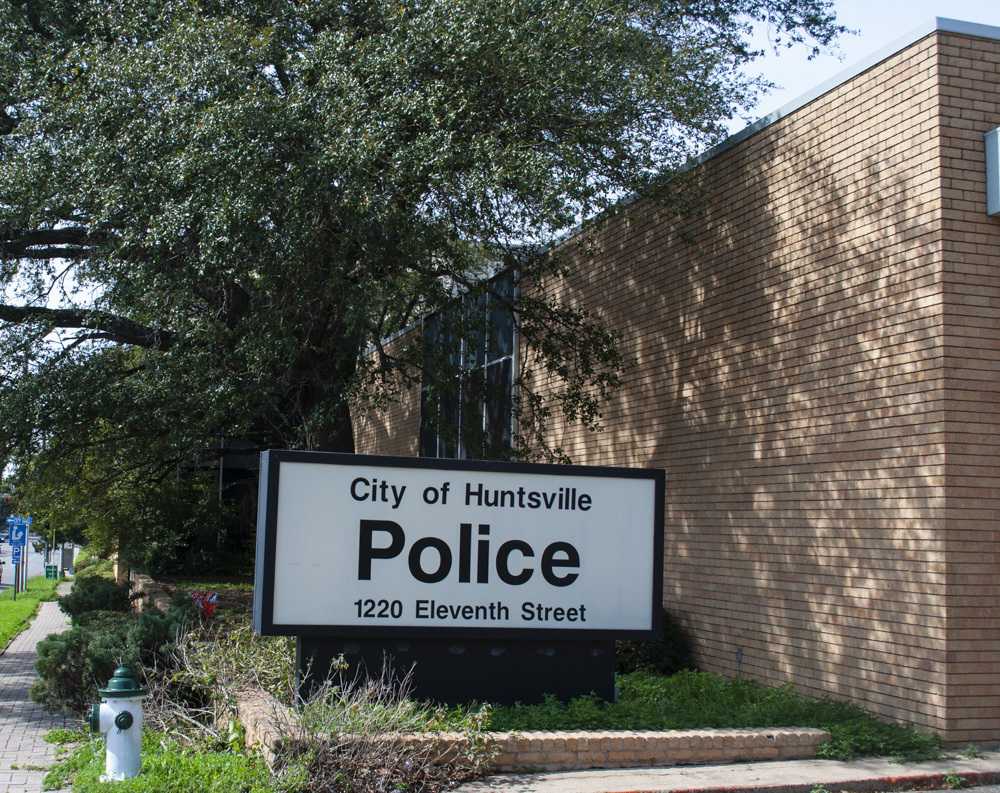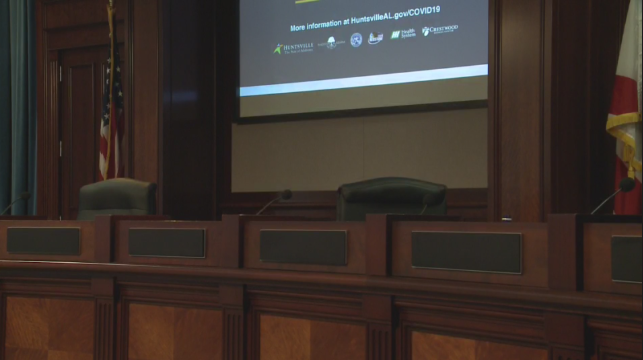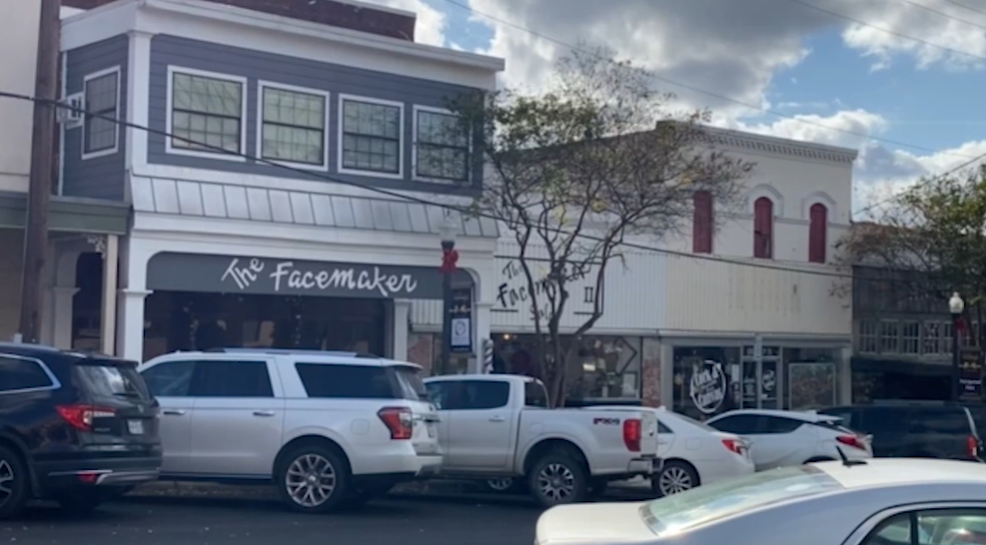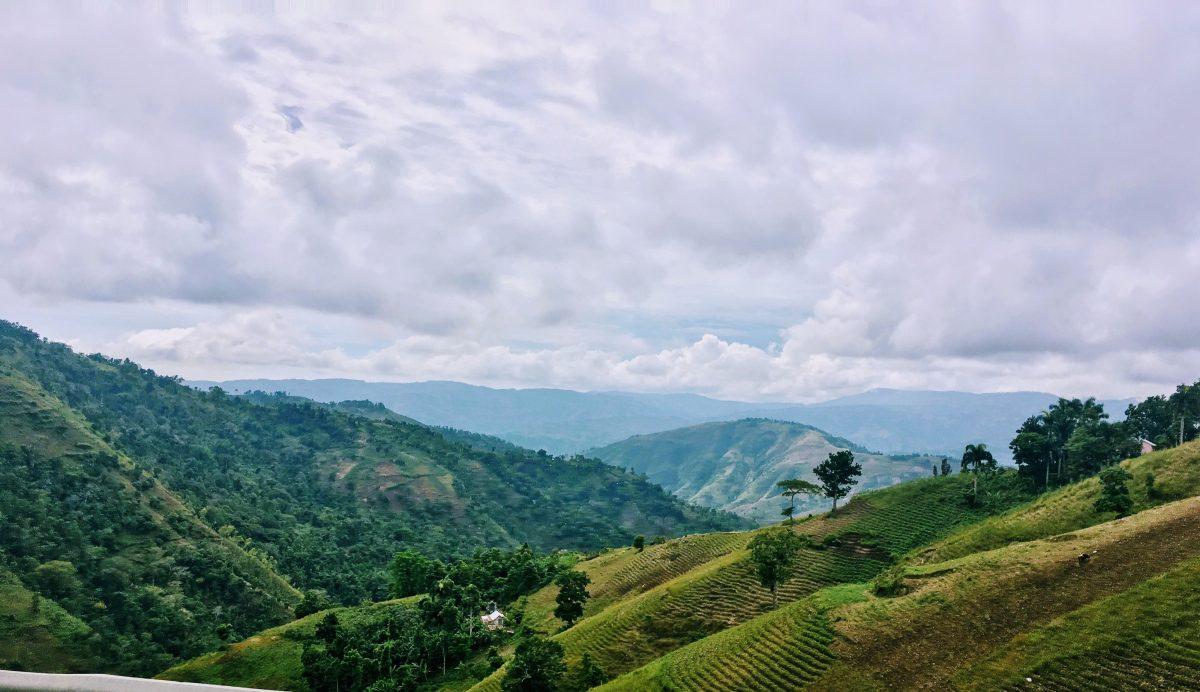
As authorities in Haiti continue negotiating for the release of 17 Christian missionaries kidnapped on Oct. 16 near Port-au-Prince, Houston-area missionaries say the kidnappings do not discourage them from participating in future missions but reinforces the need to take proper security measures.
Sixteen Americans and one Canadian were kidnapped by members of one of Haiti’s most notorious gangs, 400 Mawozo, according to NPR. The missionaries from Christian Aid Ministries in Berlin, Ohio, were in Haiti to build houses. Five hostages are children, between 8 months and 15-years-old.
The 400 Mawozo is asking for $17 million, the equivalent of $1 million for each group member. The FBI is coordinating with the Haitian police on the matter.
Baptist Student Ministry Director at Sam Houston State University Chris Smith has participated in three mission trips, including a long-term mission in Central Asia, said knowing the city and the country you are in and paying attention to your surroundings are a few tips to staying safe while on a mission abroad.
Additionally, there are several weeks of training involved in overseas missions and preparation for different scenarios, such as kidnapping or being arrested, Smith said.
The 400 Mawozo is responsible for about 80% of abductions in the country, according to the Center for Analysis and Research in Human Rights (CARDH), an organization based in Port-au-Prince. This gang is also responsible for the April kidnapping of five priests, two nuns and three others. They were released after a ransom was paid.
Kidnappings in the country have gone up drastically in 2021. A U.N. Security Council report showed 328 kidnappings were reported to police in the first eight months of 2021, compared to 234 during the entirety of 2020.
Associate professor of political science at Sam Houston State University Jonathan Brown said he recommended that missionary organizations send people who speak the language of the country they are going to and be familiar with the political and economic system.
However, “it goes with the territory to venture into unstable countries,” said Brown.
Several people interviewed said they urge missionaries to check the U.S. State Department’s website for travel advisories, which warn people about the risks of venturing to a specific country.
Instead of traveling to some of these areas of political and social strife, SHSU political science assistant professor Crystal Whetstone said it would be better to send money and resources to established churches in those areas in lieu of traveling to high-risk environments.
But for those wanting to offer personal assistance to people in need, the best form of security is forming relationships with the local citizens, Woodlands Church International Missions Pastor Bobby Maynard said. Additionally, traveling with a partner and carrying a satellite phone to keep in touch with team members are other necessary safety precautions.
Maynard also offered a spiritual security component for missionaries.
“The safest place to be is in the center of God’s world,” said Maynard. “Even if there is a nuclear bomb going off, it is still the safest place.”

